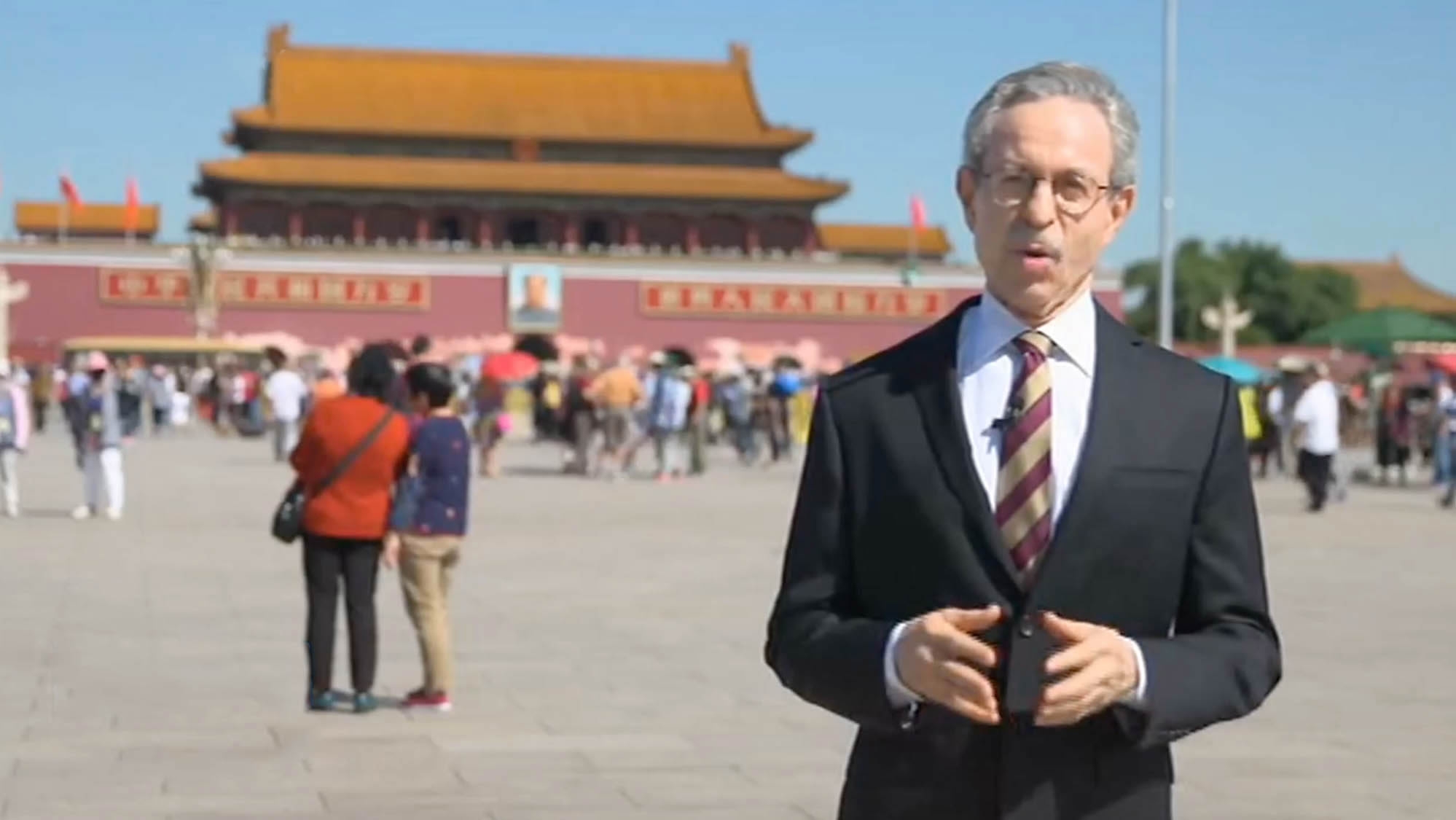
Politics
16:16, 26-Sep-2017
Closer to China: Xi Jinping as ‘core’ of the CPC
CGTN

The Communist Party of China (CPC) urged its members to "closely unite around the CPC Central Committee with Comrade Xi Jinping as the core" in October 2016 at the sixth plenary session of the 18th CPC Central Committee.
Deng Xiaoping, the architect of China’s reform and opening up process, famously said: “One cannot rely on a collective leadership without a core."
When Xi was made a “core” leader, he already held the three top leadership positions in China. So what does it mean for him to also be named “core” of the Party?
Closer to China with R.L. Kuhn spoke to Party insiders to discover why Xi was deemed a “core” leader, and how it affects the Party’s collective decision-making.
Does the core have to be Party leader?
Li Junru, former vice president of the Party school of the CPC Central Committee, told Closer to China: “Being the core has nothing to do with one’s position within the Party. Leading officials within the Party are not necessarily the core, and vice-versa.”
Mao Zedong was not the Party general secretary when he received the designation, and Deng Xiaoping was named a “core” despite never being general secretary. Jiang Zemin was the first to be both the “core” and the general secretary.
“The ‘core’ is not a position within the Party. Xi became the general secretary as a result of the election of the 18th Party Congress, but he earned his position as the ‘core’ through the approval he has earned over the past years.”
Will ‘core’ leadership speed up reform?
Reform of state-owned enterprises and rural areas has been “very slow”, according to Zheng Xinli, former deputy director of the Policy Research Office of the CPC Central Committee. Will Xi's "core" designation make a difference?
“On the whole, the progress is not really satisfactory. After confirming the central leadership with President Xi Jinping as core, we will further strengthen the authority of the central committee,” Zheng said.
“The cadres, Party members, and the general public should align themselves with the central committee and all the reform plans set forth by President Xi Jinping as 'core'.”
Does the ‘core’ have the final decision?
The “core” doesn’t have to be the general secretary, but what differences are there between a general secretary who is “core”, and a general secretary who isn’t?
“The general secretary himself has no right to make a decision, but the ‘core’ is different. Under democratic centralism with a “core”, with or without consensus, the “core” can make the final decision, after hearing arguments from different sides,” explained Li Junru.
So if everyone on the standing committee of the political bureau of the CPC had one opinion, and the “core” had another, what would happen?
“According to the core’s role in collective leadership, the core does have the final say under such situations,” says Li Junru. “But to be proper, he would present his arguments, try his best to persuade others, and then make the decision. But anyway, in the end, his decision rules.”
Why was Xi designated a ‘core’ leader?
R.L. Kuhn revealed that Party experts had told him four factors relate to Xi’s elevation to “core” leadership: first, strong leadership is needed to maintain stability, build unity, and expedite reform; second, not only is Xi responsible for transforming China, he is also accountable for it; third, Xi as “core” does not contradict the Party principle of democratic centralism; fourth, a core is required to manage the Party more strictly.

SITEMAP
Copyright © 2018 CGTN. Beijing ICP prepared NO.16065310-3
Copyright © 2018 CGTN. Beijing ICP prepared NO.16065310-3